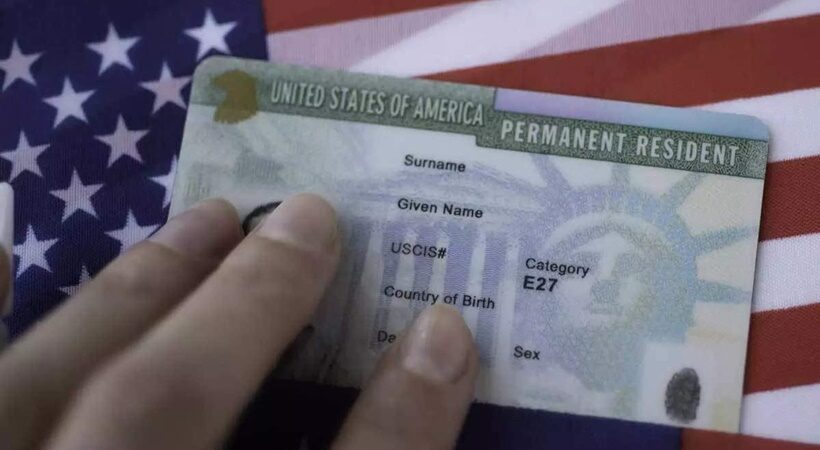A new set of immigration provisions is going to be introduced as part of a budget reconciliation bill in the US, resulting in a reduction in wait times for Indians in line for permanent residency.
The move (if included in the reconciliation package and passed into law by the Biden Cabinet) may help millions of people stuck for years in the employment-based Green Card backlog in the United States, including a significant number of Indians, hoping for a lawful permanent residency in the US by paying a supplement.
If the new House bill is passed into law, thousands of Indian IT professionals who are presently stuck in an agonising Green Card backlog will be relieved.
A Green card (a Permanent Resident Card) is a document issued to immigrants as proof that the bearer has been granted the privilege of residing permanently in the United States.
An employment-based immigrant applicant with a “priority date that is over 2 years before can apply for permanent residence without numerical limits by paying a “supplemental fee of $5,000,” a press release by the US House of Representatives Judiciary Committee has indicated.
The fee for getting a Green Card has been set at $2,500 for a family-based immigrant who is sponsored by a US citizen and with a “priority date that is over 2 years before.”
For the EB-5 category (immigrant investors), the fee is $50,000, and the provisions would be valid till 2031, Forbes magazine reported.
The supplement fee would be $1,500 if an applicant’s priority date is not within two years. However, they are required to be present in the country, the committee print suggested. This would be an additional fee to any administrative processing fee paid by the applicant.
The House bill, however, does not contain structural changes to the legal immigration system, including omitting country caps for green cards or increasing the annual quotas of H-1B visas.
Before passing into law, the new provisions would have to pass the Judiciary Committee that has jurisdiction over immigration, the House of Representatives and the Senate and lastly be signed by the president.



















